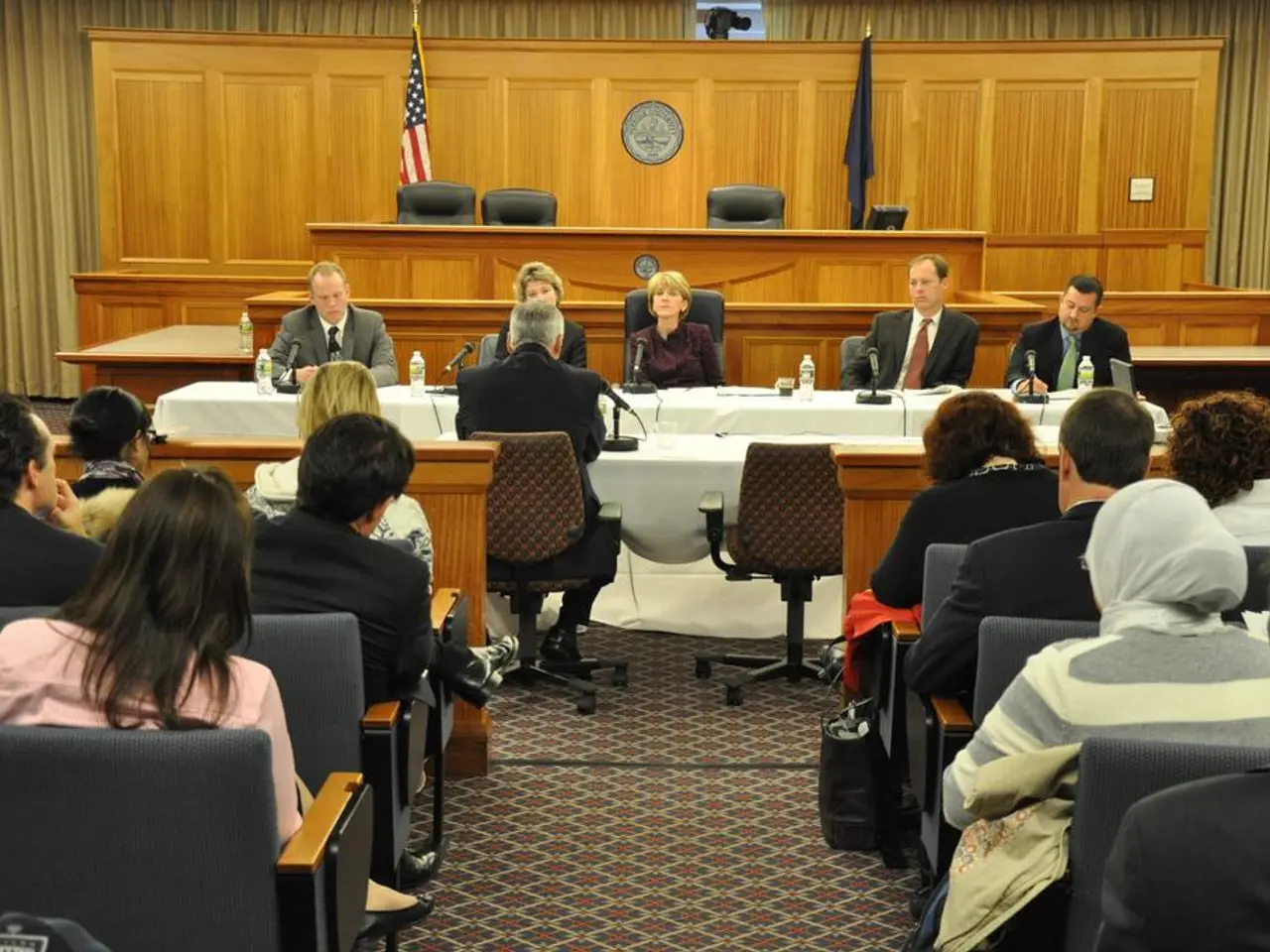Vietnamese Deputy Prime Minister holds discussions with Chinese, Cambodian, Thai government leaders in Yunnan Province
In a recent development, Vietnam, China, Cambodia, and Thailand are working together to strengthen economic ties and transport connectivity within the framework of ASEAN and their bilateral relationships. This cooperation is aimed at implementing the “Three Connections” strategy, which focuses on enhancing transport, trade, and connectivity among the countries.
At a series of meetings held in China's Yunnan Province, Vietnamese Deputy Prime Minister and Foreign Minister Bui Thanh Son discussed the promotion of strong and comprehensive strategic partnerships with Chinese, Cambodian, and Thai officials. The discussions emphasized the need for concrete steps towards the implementation of the “Three Connections” strategy, with the establishment of joint working groups to discuss execution plans. Renewable energy and just energy transition have been identified as emerging cooperation areas with significant potential benefits for the region.
However, the Cambodia-Thailand border conflict in 2025 presented a significant challenge. After intense fighting from May to July 2025, Cambodia and Thailand agreed to an unconditional ceasefire on July 28. Subsequent talks mediated by Malaysia in Kuala Lumpur reinforced the ceasefire with a 13-point agreement to halt hostilities, protect civilians, and maintain bilateral communication. ASEAN has been involved in efforts to monitor and stabilize the situation, underscoring the importance of regional peace for continued economic cooperation.
Looking ahead, the future plans focus on deepening trade and investment cooperation through strategic partnerships and action plans for 2026–2030. Vietnam and Thailand plan to accelerate collaboration between major enterprises, particularly in the science and technology sectors. The region also aims to harness emerging sectors such as renewable energy and just energy transition for mutually beneficial development.
Prak Sokhonn, Cambodian Deputy Prime Minister and Minister of Foreign Affairs and International Cooperation, affirmed that Cambodia treasures its friendly neighbourliness and comprehensive cooperation with Vietnam, highlighting economic ties as a standout area. The two officials agreed to encourage cooperation in emerging areas such as renewable energy and just energy transition.
In conclusion, Vietnam-China-Cambodia-Thailand cooperation remains active, emphasizing trade, investment, and transport connectivity through strategic frameworks and the “Three Connections” approach. The peaceful resolution of disputes and ASEAN’s central role are key to sustained development and connectivity in the region.
- The "Three Connections" strategy, focused on enhancing transport, trade, and connectivity among Vietnam, China, Cambodia, and Thailand, is central to the nations' efforts to strengthen economic ties and transport connectivity within the ASEAN framework and their bilateral relationships.
- The general news about the Cambodia-Thailand border conflict in 2025 highlighted a significant challenge, yet after intense fighting and subsequent mediation by Malaysia, the nations agreed to a ceasefire and a 13-point agreement, with ASEAN involved in efforts to monitor and stabilize the situation.
- In the future, the focus is on deepening trade and investment cooperation through strategic partnerships and action plans for 2026–2030, with Vietnam and Thailand particularly aiming to accelerate collaboration between major enterprises, especially in the science and technology sectors.
- The region also intends to harness emerging sectors such as renewable energy and just energy transition for mutually beneficial development, with Cambodian Deputy Prime Minister Prak Sokhonn affirming that economic ties are a standout area of comprehensive cooperation with Vietnam.
- Looking beyond the current developments, the cooperation between Vietnam, China, Cambodia, and Thailand underscores the importance of constant progress in areas like transport, technology, business, tourism, politics, and other aspects of culture, infrastructure, and international relations, with peace being a key factor for sustained development and connectivity in the region.







